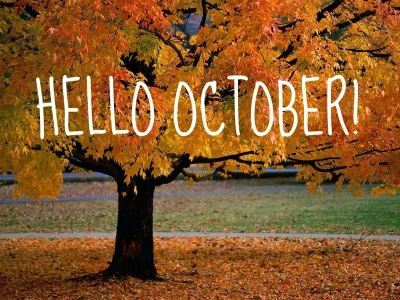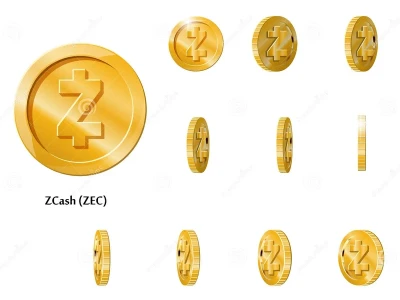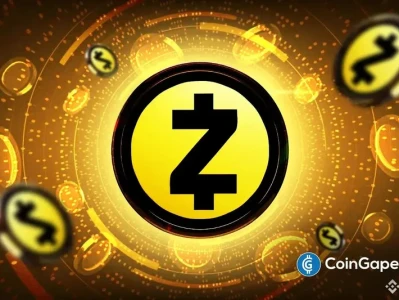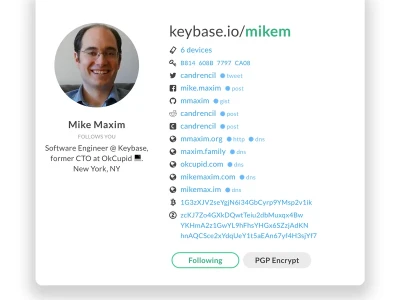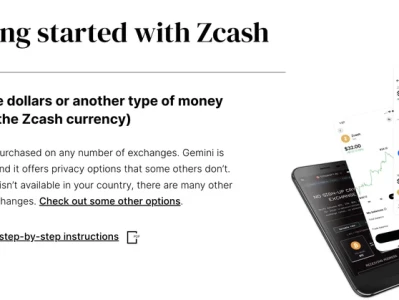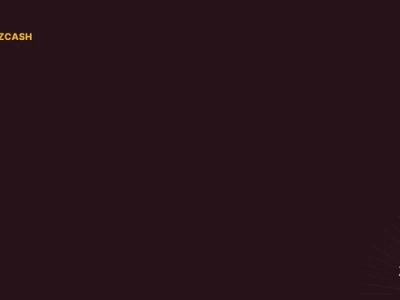I’ve been watching the digital asset space for decades, and every so often, you see a signal in the noise. Not just a price spike, but a tremor that suggests a deeper, tectonic shift in our collective thinking. What we’re seeing with Zcash (ZEC) right now is one of those moments.
For years, this project has been the quiet, brilliant engineer in the corner of a very loud room. While other projects chased hype, Zcash was methodically building the architecture for something fundamental: digital privacy. And for years, the market seemed to shrug. The `zcash price` languished, caught in a brutal, multi-year downtrend. Headlines focused on regulatory fears and exchange delistings, painting a narrative of a technology whose time had passed.
Then, something broke.
When I saw the `zcash chart` not just tick upward but shatter its eight-year resistance line with a 70% surge in a single month, I honestly just sat back in my chair, speechless. It wasn't about the money. It was the feeling of watching a deeply important idea, one that had been dismissed and battered for years, finally prove its own resilience. This isn't just another altcoin pump. This is the sound of the market remembering a truth we were in danger of forgetting: privacy is not a feature. It is a prerequisite for a free and functioning digital society.
At its heart is a cryptographic marvel called zk-SNARKs. It’s a mouthful, I know. In simpler terms, it’s a way to prove a transaction is valid without revealing the sender, the receiver, or the amount. Imagine being able to prove you have a valid driver's license without showing your name, address, or date of birth. It’s digital magic. This is what Zcash brought to the world, a choice between a transparent transaction, much like `Bitcoin`, and a shielded one.
This choice is the project's quiet genius. The team, led by the brilliant cryptographer Zooko Wilcox, understood that a black-and-white approach to privacy wouldn't work. We need a bridge to the conventional world. By allowing users to choose, Zcash created a path for compliance without sacrificing its core principle. It’s a masterclass in pragmatic idealism.
But for a long time, it felt like a thankless task. The crypto winter of 2018 was harsh, and the regulatory pressure in 2022 and 2023 was relentless. I remember reading the `crypto news` about exchanges delisting privacy coins like `Zcash` and `Monero`, and I felt a genuine sense of dread. Were we really going to trade our digital autonomy for the illusion of security? It seemed as though the grand experiment in financial privacy was being relegated to the fringes.
That period of struggle, however, wasn't a failure. It was a crucible. It burned away the hype and left only the essential. And the Zcash team kept building. They delivered Network Upgrade 5, introducing the Halo 2 proving system, which removed the need for a trusted setup and made the privacy tech even more robust. This is the kind of relentless, heads-down innovation that builds real, lasting value.
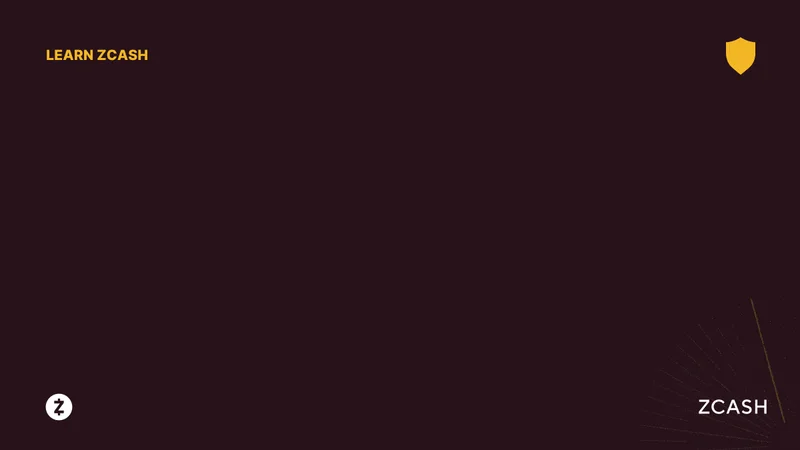
Beyond the Hype: The Paradigm Shift Toward Digital Dignity
The Great Reawakening
So why is this happening now? What changed?
I believe we’re witnessing a collective reawakening to the value of privacy in an age of total surveillance. When you see influencers like Mert Mumtaz, with his massive following, championing the freedom to transact, you realize the conversation is shifting. When analysts point to the "golden cross" on the charts and set ambitious targets of over $300, they aren't just reading technicals; they are quantifying a massive change in sentiment. When you see the network hashrate climbing 30% in two months, it tells you the miners—the very backbone of the network—are showing renewed confidence.
When you see the technology finally maturing with upgrades like Halo 2, the community of developers and thinkers refusing to give up, and the market suddenly waking up to the fact that privacy is not a niche feature but a core human necessity, you realize this isn't just a price chart moving up—it’s a paradigm shift happening in real-time right before our eyes.
This reminds me of the invention of the sealed envelope. Before it, correspondence was public, or at least semi-public. The simple act of sealing a letter created a new, protected space for personal thoughts, for business, for dissent. It was a technological leap that enabled a social one. Zcash and its shielded transactions are the digital equivalent of that sealed envelope. It creates a space for economic autonomy that simply did not exist on transparent ledgers like `Bitcoin` or `Ethereum`.
Of course, with great power comes great responsibility. The conversation around privacy coins often gets bogged down in fears of illicit use. But that’s a failure of imagination. The vast majority of human activity is not criminal, but it is private. Who you donate to, what medical services you pay for, how you manage your family's finances—these things deserve the same dignity and discretion in the digital world as they have in the physical one. The future of a free internet depends on tools that empower individuals, not institutions.
So, when you ask, "What is Zcash?", the answer isn't just "a `zcash coin` or a `zcash wallet`." It's a statement. It's a tool for digital self-sovereignty. The recent `zcash price prediction` chatter and market surge isn't the story. It's the exclamation point at the end of a long, powerful sentence that has been years in the writing. The sleeping giant of digital privacy is awake. And it is hungry.
---
The Architecture of Autonomy
For too long, we've accepted a digital world built on the foundation of surveillance. Zcash represents a different path. It's a reminder that we don't have to accept the default settings. We can, and we must, build the tools that protect human dignity and freedom. This isn't just about investing in a cryptocurrency; it's about investing in the kind of future we want to live in.
Reference article source:
